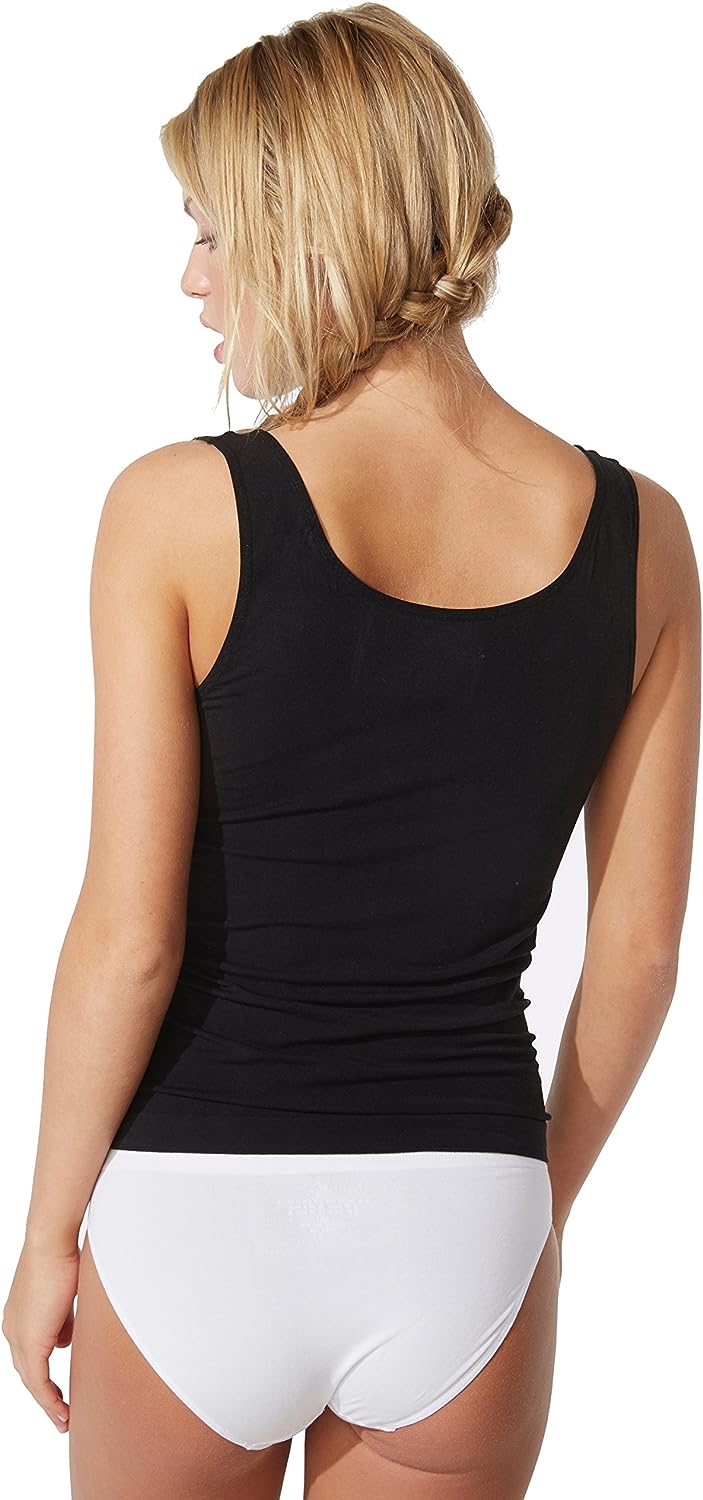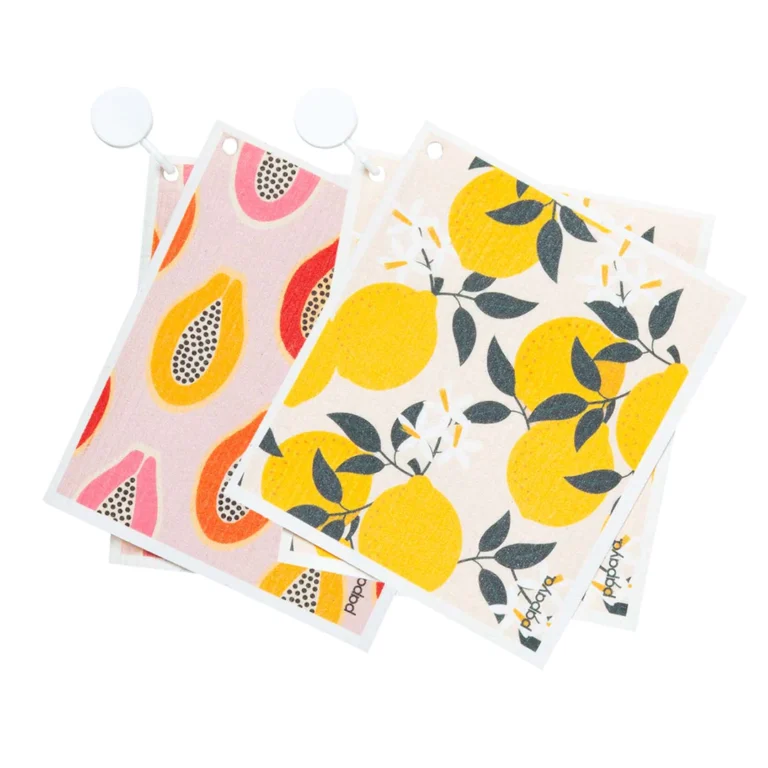In this article, we’ll be discussing the topic of ethical fashion and how it’s making a difference in the industry. You’ll learn about the difference between ethical and sustainable fashion, and why it’s important to make conscious choices when it comes to the clothes we wear. We’ll explore the various ways in which the fashion industry can be more ethical, from using sustainable materials to ensuring fair wages and safe working conditions for garment workers. By the end of this article, you’ll have a better understanding of the positive impact ethical fashion can have and how you can support this movement.
Ethical Fashion: Making a Difference in the Industry
Ethical Fashion: Making a Difference in the Industry
What is Ethical Fashion?
In a world where fashion trends come and go, it’s important to stop and consider the impact our choices have on the environment, workers, and animals. Ethical fashion, also known as sustainable fashion, is a movement that aims to address these concerns. It involves considering the entire lifecycle of a garment – from the sourcing of raw materials, through manufacturing, distribution, and even disposal.
Definition of Ethical Fashion
Ethical fashion is centered around three main principles: environmental sustainability, social responsibility, and animal welfare. It is about adopting practices that minimize harm to the planet, ensuring fair treatment and safe working conditions for garment workers, and avoiding the use of animal products in the fashion industry.
Why Ethical Fashion Matters
Ethical fashion matters because the traditional fashion industry has a significant negative impact on the environment, exploits workers, and contributes to animal cruelty. By making conscious choices and supporting ethical brands, you can help drive positive change in the industry and create a more sustainable future.

Principles of Ethical Fashion
Fair Trade
One of the main principles of ethical fashion is fair trade. This means ensuring that workers are paid fair wages and provided with safe working conditions. Fair trade also promotes transparency in the supply chain, allowing consumers to have confidence in the ethical practices of the brands they support.
Sustainable Materials
Another key principle of ethical fashion is the use of sustainable materials. This involves using natural, organic, or recycled fabrics instead of harmful synthetic materials. Sustainable materials help reduce the environmental impact of the fashion industry by minimizing carbon emissions, water usage, and waste.
Worker’s Rights
Ethical fashion also emphasizes the importance of worker’s rights. This means ensuring that workers are treated with dignity and respect, have access to fair labor practices, and are not subjected to exploitative working conditions such as child labor or unsafe factories.
Animal Welfare
Lastly, ethical fashion promotes animal welfare. This means avoiding the use of fur, leather, or any other animal-derived materials in clothing and accessories. It also encourages the use of cruelty-free alternatives and supports brands that prioritize the ethical treatment of animals.
The Impact of Fast Fashion
Negative Environmental Impact
Fast fashion, characterized by the rapid production and consumption of inexpensive clothing, has a detrimental impact on the environment. The fashion industry is the second-largest polluter in the world, contributing to water pollution, deforestation, and carbon emissions. The use of synthetic materials such as polyester further exacerbates this impact as they take hundreds of years to decompose.
Exploitation of Workers
The demand for cheap, fast fashion has led to the exploitation of garment workers in low-income countries. Many workers, especially women, are subjected to unsafe working conditions, long hours, and meager wages. Fast fashion brands often prioritize profit over the fair treatment of workers, leading to a cycle of exploitation and poverty.

Benefits of Ethical Fashion
Sustainable Practices
One of the main benefits of ethical fashion is the adoption of sustainable practices. By choosing to support ethical brands, you are supporting the use of eco-friendly materials and production methods. This helps reduce carbon emissions, conserve water resources, and minimize waste production.
Supporting Local Communities
Ethical fashion brands often prioritize working with local artisans and communities, particularly in developing countries. By supporting these brands, you are directly contributing to the livelihoods of these communities and helping to preserve traditional craftsmanship.
Reducing Carbon Footprint
By choosing to buy from ethical fashion brands, you are indirectly reducing your carbon footprint. Ethical brands embrace sustainable practices such as local sourcing, minimizing transportation distances, and using renewable energy sources. This helps reduce the overall carbon emissions associated with the production and distribution of garments.
Ethical Fashion Brands
Examples of Ethical Fashion Brands
There are numerous ethical fashion brands that are making a difference in the industry. Some popular examples include Patagonia, known for its commitment to sustainability and fair labor practices, and Everlane, which emphasizes supply chain transparency and fair pricing.
Innovative Approaches to Ethical Fashion
In addition to established brands, there are also many emerging ethical fashion brands that are approaching sustainability in innovative ways. These brands are experimenting with alternative materials, such as pineapple leaf fibers and recycled plastic bottles, and utilizing technology to improve supply chain transparency and traceability.

Consumer Responsibility
Educating Consumers
As a consumer, you have the power to make a difference by educating yourself about ethical fashion. Take the time to research brands, read labels, and understand the impact of your choices. By being informed, you can support brands that align with your values and avoid contributing to unethical practices.
Demanding Transparency
Another way to exercise your consumer responsibility is by demanding transparency from fashion brands. Ask questions about their supply chain, labor practices, and sustainability initiatives. By creating demand for ethical fashion, you are encouraging brands to prioritize transparency and accountability.
Challenges and Solutions
Cost and Accessibility
One of the challenges often associated with ethical fashion is the perception that it is expensive and not easily accessible. While it is true that ethical fashion may be more expensive than fast fashion alternatives, it is important to consider the long-term costs of cheap, fast fashion in terms of environmental and social impact. Additionally, there are an increasing number of ethical fashion brands that offer a range of price points to accommodate different budgets.
Supply Chain Management
Managing a transparent and ethical supply chain can be a challenge for brands, particularly in a globalized industry. However, advancements in technology and increased consumer demand for transparency have led to innovative solutions. Blockchain technology, for example, can be used to track and verify the authenticity and ethical sourcing of materials, creating a more reliable and transparent supply chain.
Fashion Waste Management
The fashion industry generates a significant amount of waste, particularly due to its fast-paced production and consumption model. To address this challenge, ethical fashion brands often embrace circularity and sustainable practices. They may use recycled materials, offer recycling programs for old garments, or encourage garment repair and upcycling.

Industry Collaboration
Partnerships for Change
To create lasting change in the fashion industry, collaboration is key. Brands can collaborate with NGOs, industry associations, and other stakeholders to share best practices and collectively address challenges. By working together, brands can learn from each other and drive industry-wide improvements in sustainability and ethical practices.
Ethical Certification and Standards
Ethical fashion can also be promoted through the establishment of certification and standards. Certification bodies, such as Fairtrade or the Global Organic Textile Standard (GOTS), provide assurance to consumers that brands meet certain ethical criteria. These certifications help consumers make informed choices and support brands that prioritize sustainability and ethical practices.
Government Regulations
Legal Frameworks
To further advance ethical fashion, government regulations can play a crucial role. Legislation can set standards and enforce compliance with ethical practices, ensuring that brands are held accountable for their actions. Laws can also protect workers’ rights and promote sustainable practices throughout the fashion industry.
Incentives for Ethical Fashion
Governments can also provide incentives for brands to adopt ethical practices. This can include financial incentives, tax breaks, or subsidies for environmentally-friendly practices or social responsibility initiatives. Incentives can encourage brands to make the transition to ethical fashion more accessible and economically viable.
Enforcing Compliance
Government involvement is essential for enforcing compliance and ensuring that brands adhere to ethical practices. Inspections, audits, and penalties can help deter unethical behavior and create a level playing field in the industry. By holding brands accountable, governments can help protect workers’ rights and the environment.

Conclusion
The future of the fashion industry lies in ethical fashion. By embracing sustainable practices, supporting local communities, and demanding transparency, we can make a positive impact and drive change in the industry. Ethical fashion goes beyond just the clothes we wear; it is a mindset and a commitment to making a difference. Together, we can create a more sustainable and ethical fashion industry that values the planet, workers, and animals.
Individual Impact
As an individual, your choices matter. By opting for ethical fashion brands and embracing sustainable practices, you can contribute to a more sustainable future. Every purchase is an opportunity to support brands that align with your values and make a difference in the industry. Be mindful of the impact of your choices, educate yourself, and inspire others to join you on the journey towards a more ethical and sustainable fashion industry.













